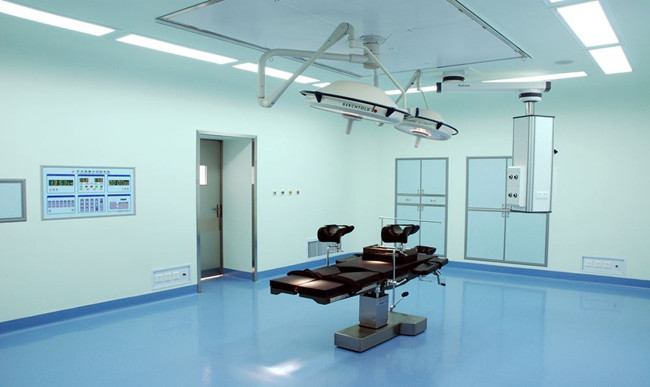Jul 13, 2023
Quaternary ammonium salt disinfectant is a new type of disinfectant that has received widespread attention and application in recent years due to its high efficiency, safety, low toxicity, and environmental protection characteristics. With the continuous improvement of people's awareness of health and environmental protection, the market prospects of quaternary ammonium salt disinfectants are also becoming increasingly broad. Firstly, with the continuous intensification of the global epidemic, the demand for disinfectants is constantly increasing. The efficient bactericidal ability of quaternary ammonium salt disinfectants has made them an important disinfectant in industries such as hospitals, laboratories, and food processing. Meanwhile, with the increasing demand for disinfectants in people's daily lives, quaternary ammonium salt disinfectants will gradually enter thousands of households. Secondly, with the continuous improvement of people's awareness of environmental protection and health, the requirements for the safety and environmental friendliness of disinfectants are also increasing. The low toxicity and environmental friendliness of quaternary ammonium salt disinfectants have made them increasingly popular as environmentally friendly disinfectants. At the same time, as the government's support for the environmental protection industry continues to increase, the market prospects of quaternary ammonium salt disinfectants will also become increasingly broad. Finally, with the continuous progress and innovation of technology, the application fields of quaternary ammonium salt disinfectants are also expanding. For example, quaternary ammonium salt disinfectants can be used for disinfection of medical devices, sanitary ware, surface environments, and other aspects, and can be applied in more fields in the future. In summary, the market prospects of quaternary ammonium salt disinfectants are very broad.
Ahsuperchem supply Didecyl dimethyl ammonium chloride (DDAC) and Benzalkonium chloride (BKC), which are widely used as the raw materials for disinfectants. Any interests, welcome to visit us at www.ahsuperchem.com

